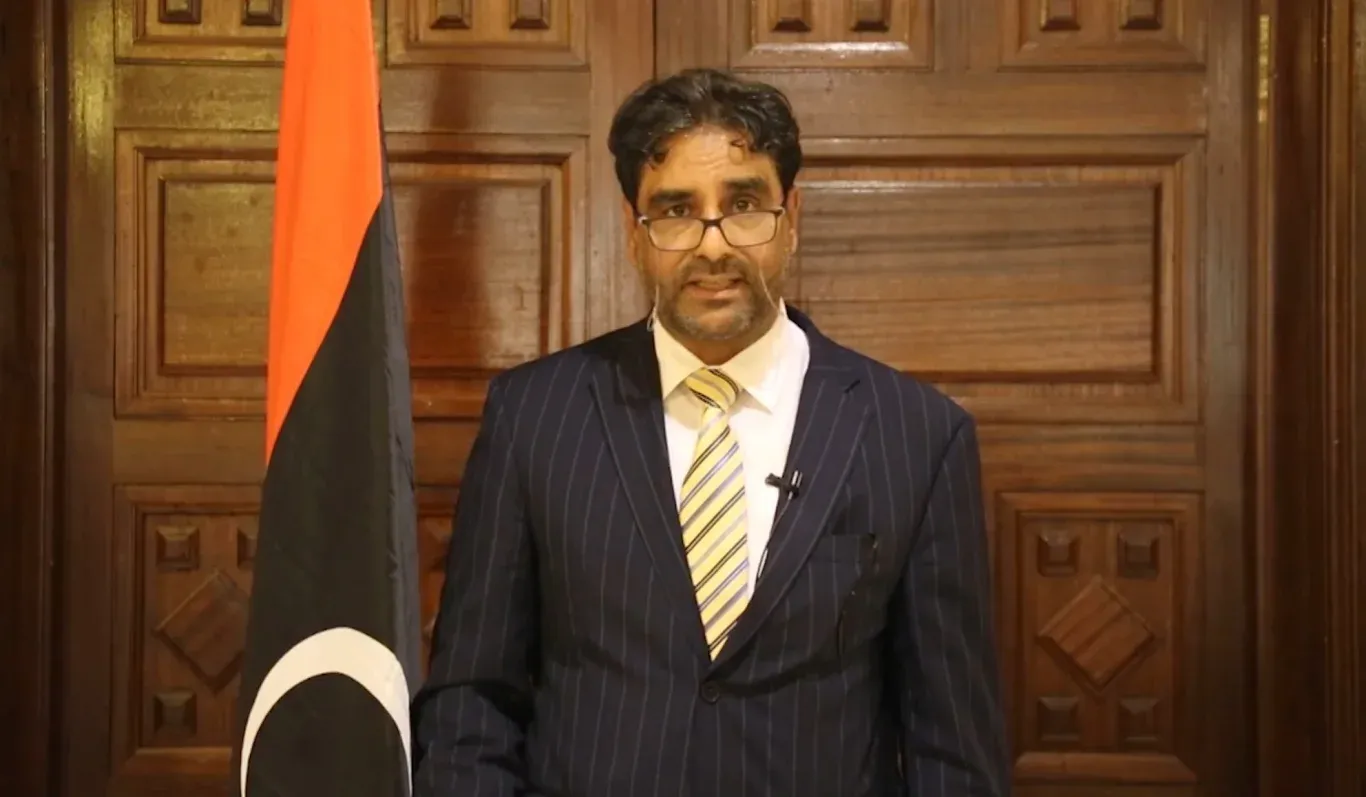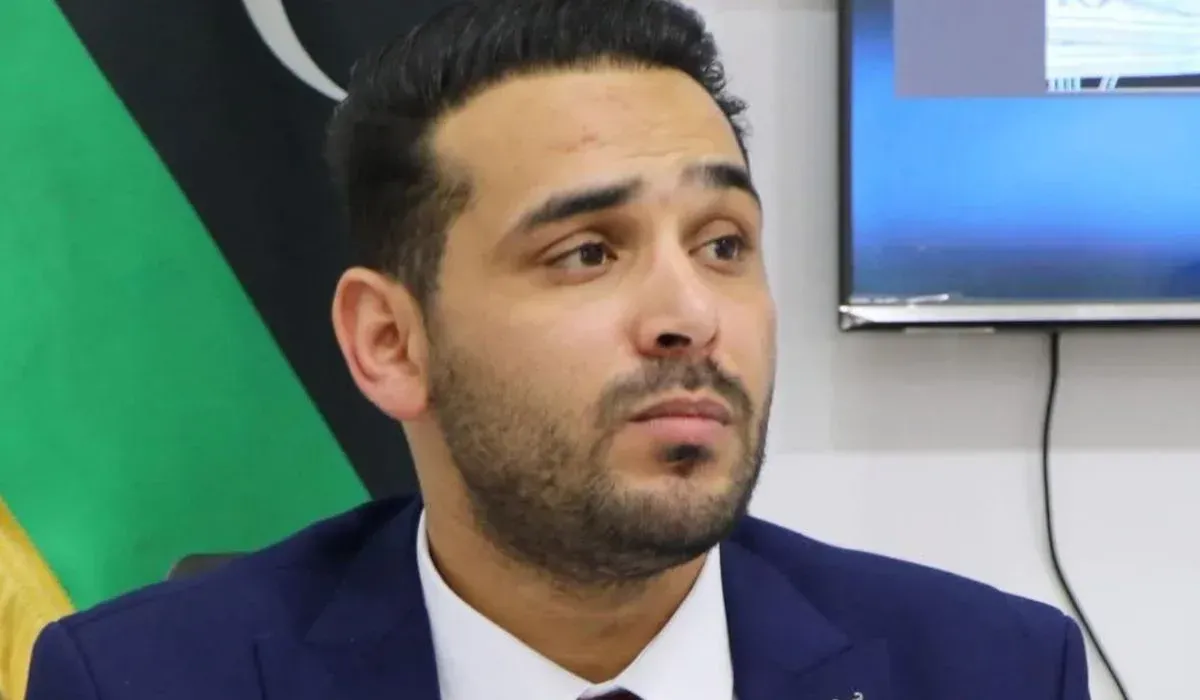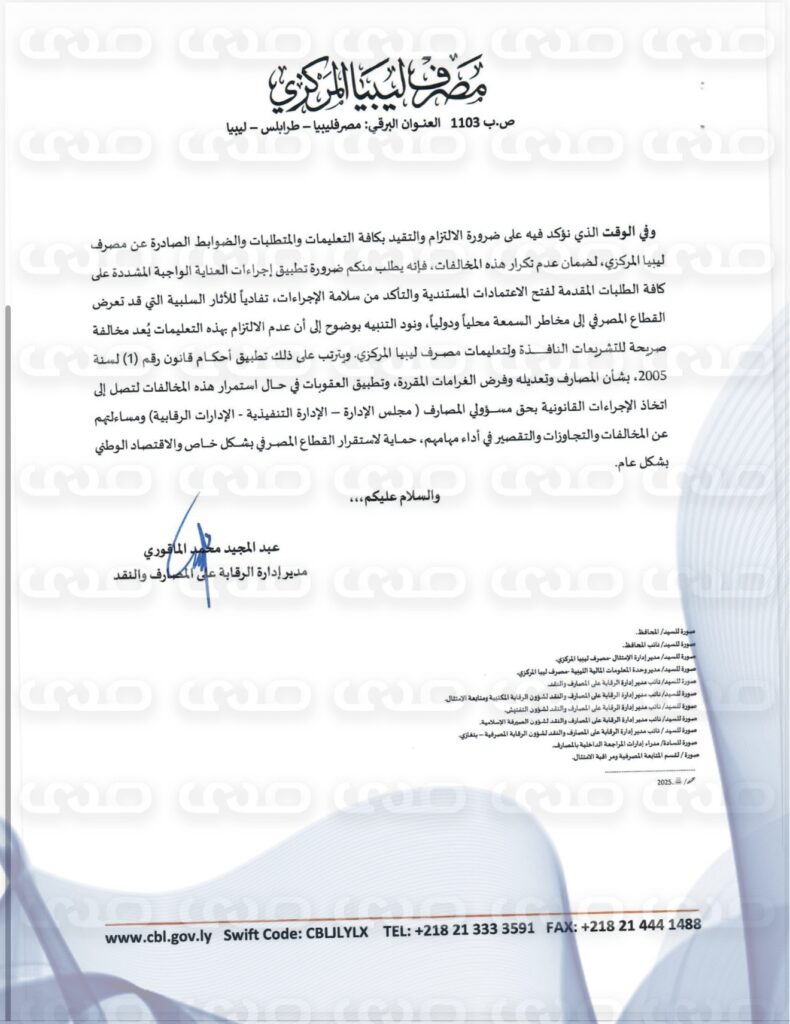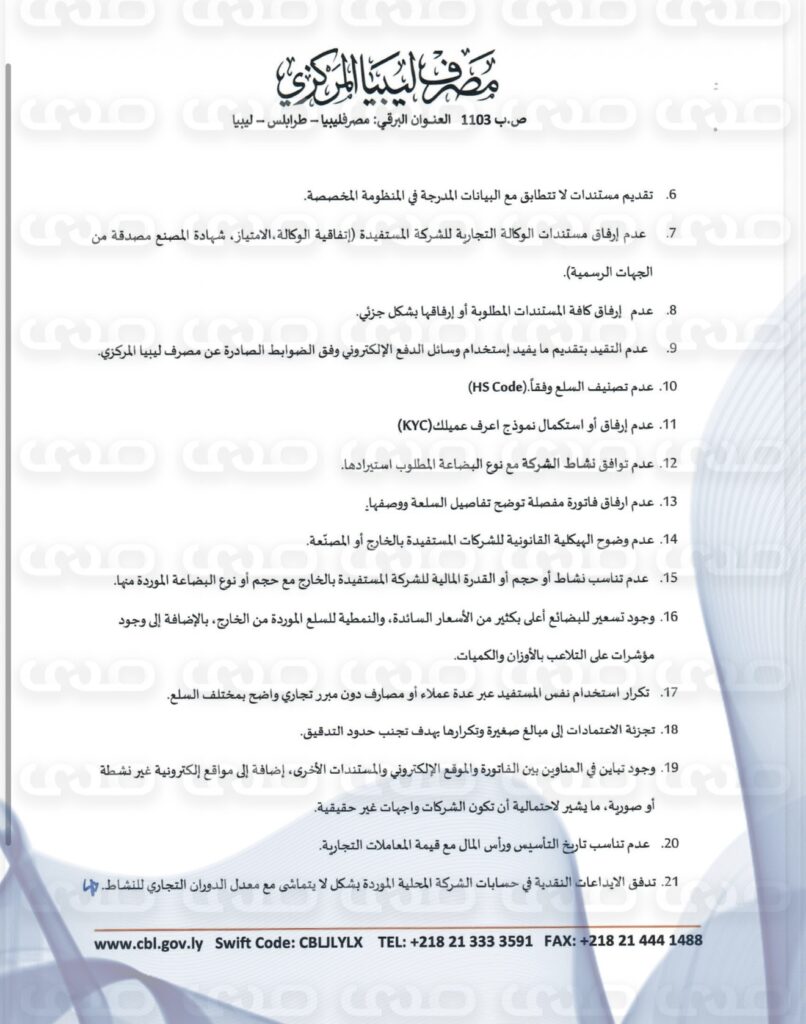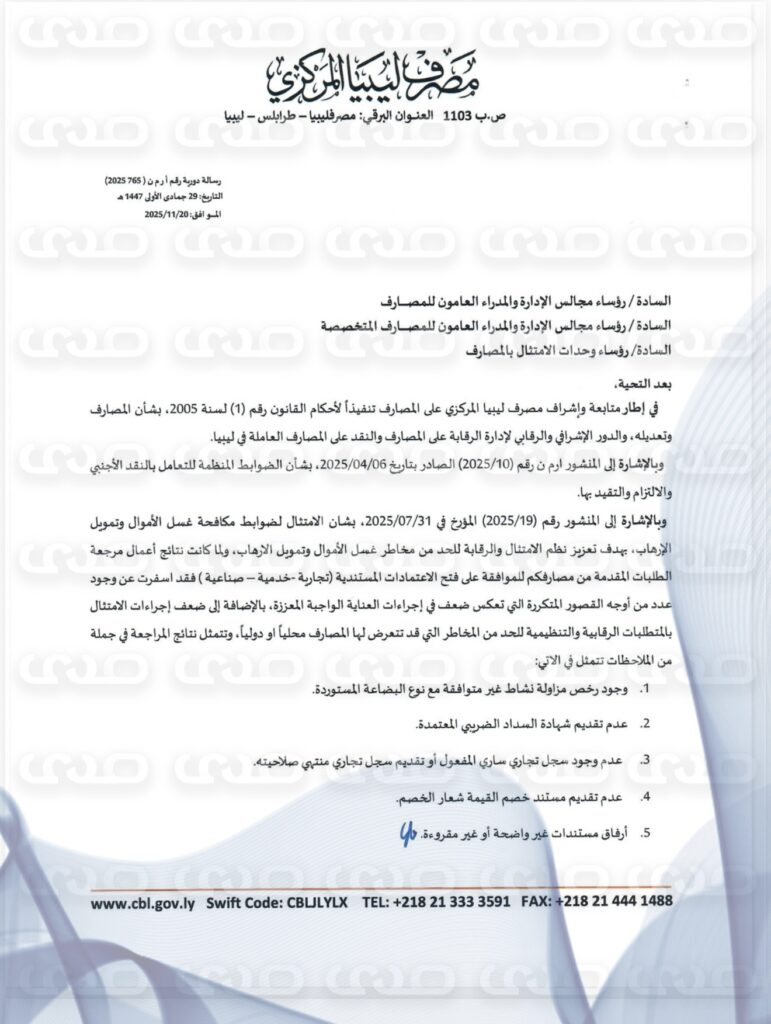The Libyan businessman Husni Bey told our source that every economic equation requires clear and responsible decisions. He pointed out that the Central Bank of Libya is obliged to sell a specific amount of dollars at a certain price in order to meet the financial obligations needed to cover the government(s)’ public expenditures, as 93% of public spending is paid in Libyan dinars through selling oil dollars.
This includes salaries, operational expenses, development, and the remaining budget chapters.He explained that the fuel item alone consumes 12 billion dollars—or 33% of Libya’s total production of oil and gas—which is equivalent to 77 billion dinars. Meanwhile, the Central Bank must cover the remaining public spending, valued at more than 135 billion dinars, by selling oil dollars to obtain the required amount of local currency (the Libyan dinar).
Husni Bey added that the dollar has effectively become a commodity sold and exchanged in return for purchasing another “commodity”—the Libyan dinar—in order to obtain the dinars needed to cover public expenditure items, mainly:
Chapter 1 (Salaries): 70 billion dinars
Chapter 2 (Operational expenditures): 14 billion dinars
Chapter 3 (Development): More than 35 billion dinars
Chapter 4 (Child, women, and girls allowances; medical supply; water; health; environment): 18 billion dinars
He questioned, with astonishment, the voices opposing the sale of 20 billion dollars annually to cover 135–137 billion dinars of public spending—while at the same time rejecting the depreciation of the dinar and raising their voices when resorting to foreign currency reserves. He stressed that the figures and the equation are clear, and that the Central Bank is obliged and compelled to sell no less than 20 billion dollars annually to ensure the state meets its basic obligations at an exchange rate of 6.250 LYD per dollar.
Therefore, the shortfall in oil revenues needed to cover 32 billion dollars—12 billion for fuel and 20 billion for the remaining four chapters—places the Central Bank, the government, and the public before three options:
1. Reduce spending and replace subsidies with cash transfers to ensure fair distribution, rationalize consumption, curb smuggling, and stop theft.
2. Lower the exchange rate, accepting inflation, the collapse of the dinar’s purchasing power, and increased poverty.
3. Resort to and spend from the reserves, leading to lower reserves—and stop the shouting.







